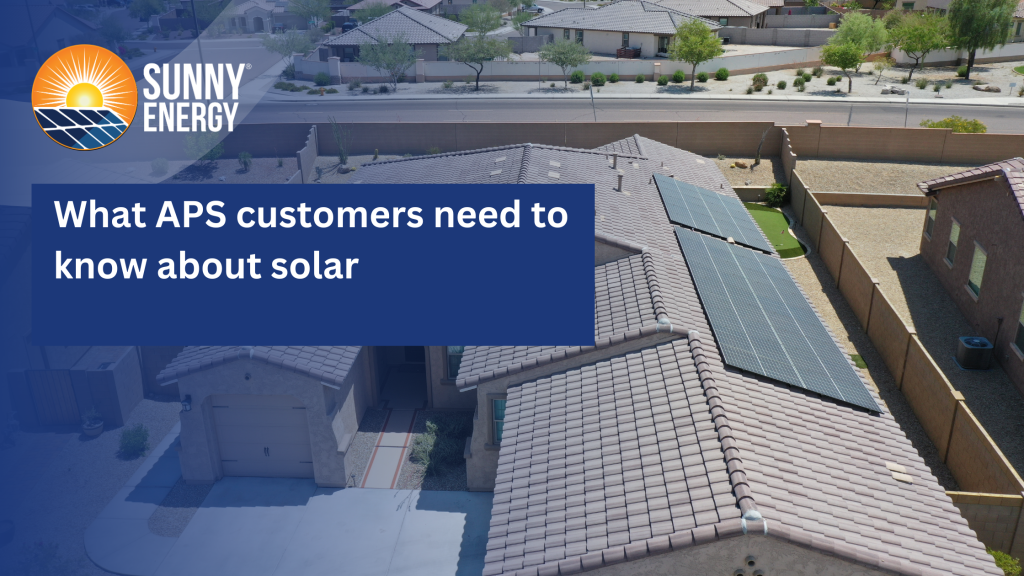In recent years, the world has witnessed a paradigm shift towards renewable energy sources, with solar power leading the charge. As individuals and businesses strive to reduce their carbon footprint, harnessing the sun’s energy has become an increasingly popular choice. Two technologies that have gained prominence in this solar revolution are net metering and solar batteries.
In this blog, we will explore net metering 3.0 vs solar batteries, how they differ, and the benefits they offer in the pursuit of sustainable energy solutions.
What is net metering?
Net metering is a billing arrangement that allows solar panel owners to feed excess energy generated back into the grid. When your solar panels produce more electricity than you consume, the surplus is sent to the grid, and your utility company credits you for it. During times when your solar panels are not producing enough energy, you can draw electricity from the grid. Net metering essentially enables you to balance the energy you produce with the energy you consume, making it a cost-effective and environmentally friendly solution.
Net metering 3.0: What’s new in it?
Net metering 3.0 (NEM 3.0) is a new policy that went into effect in California in April 2023, replacing the previous net metering program. It governs how homeowners with solar panels are compensated for the excess electricity they generate and send back to the grid.
The biggest change in net metering 3.0 (NEM 3.0) is the reduction in compensation for exported solar energy. Under the previous program, homeowners were credited at the full retail rate for any excess electricity they sent back to the grid. Under net metering 3.0 the compensation rate is based on the “avoided cost” of electricity, which is typically much lower than the retail rate.
What are the impacts of net metering 3.0?
The reduced compensation rates under net metering 3.0 will make it less financially attractive for homeowners to install solar panels. The policy is also designed to encourage homeowners to pair solar panels with battery storage, as batteries can help them store excess solar energy and use it when they need it, rather than sending it back to the grid at a lower rate. Here are some of the potential benefits and drawbacks of net metering 3.0:
Benefits of net metering 3.0:
- Encourages battery storage adoption, which can improve grid resilience
- Reduces the strain on the grid during peak demand periods
- Can potentially lower electricity costs for all consumers
Drawbacks of net metering 3.0:
- Makes solar panels less financially attractive for homeowners
- Could slow the growth of the solar industry and solar installers in California
- May disproportionately impact low-income homeowners
Overall, net metering 3.0 is a complex policy with both potential benefits and drawbacks. It’s important for homeowners to weigh the pros and cons carefully before deciding whether or not to install solar panels under the new program.
What is a solar battery?
On the other hand, a solar battery is a device that stores excess solar energy generated during the day for later use. Instead of sending surplus energy back to the grid, it is stored in the battery, allowing you to use it during periods of low sunlight or at night. Solar batteries are an essential component of off-grid solar systems, providing a reliable source of power when sunlight is unavailable. They play a crucial role in achieving energy independence and enhancing the efficiency of solar energy systems.
How much you save with net metering vs batteries
The decision between net metering and solar batteries depends on various factors, including individual energy consumption patterns, geographical location, and local regulations. Net metering typically allows solar panel owners to offset their electricity bills by receiving credits for excess energy, resulting in significant savings over time. However, this model relies on a continuous connection to the grid.
Solar batteries, on the other hand, provide greater independence from the grid, many solar Arizona companies provide batteries allowing users to store excess energy for later use. While the upfront cost of solar batteries may be higher, they offer the advantage of resilience during power outages and the potential for greater long-term savings, especially in areas with high electricity rates or unreliable grid infrastructure.
Why has net metering phased out and benefits of solar batteries
In some regions, net metering programs have been phased out or scaled back due to concerns about the impact on utility revenues and the grid’s stability. As more households and businesses adopt solar power, the traditional grid infrastructure faces challenges in managing the influx of distributed energy sources.
Solar batteries by best Arizona solar companies address these challenges by providing a decentralized energy storage solution. They enhance grid resilience by reducing the strain on centralized power systems and offering backup power during emergencies. Additionally, solar batteries contribute to a more sustainable and reliable energy future, promoting a cleaner environment and reducing dependence on fossil fuels.
Benefits of solar batteries
1. Grid independence:
One of the primary benefits of solar batteries is the ability to operate independently from the grid. As net metering faces challenges in some regions, solar batteries empower users to store excess energy generated by solar panels for later use. This ensures a continuous and reliable power supply, even during grid outages or when solar production is low. Look for the best solar company in Arizona that provides solar installation with batteries.
2. Enhanced grid resilience:
Solar batteries contribute to grid resilience by decentralizing energy storage. Traditional grid infrastructure often struggles to manage the variability and intermittency of renewable energy sources like solar power. Solar batteries act as distributed storage units, reducing the strain on centralized power systems. This decentralized approach enhances the overall resilience of the grid by minimizing the impact of fluctuations in energy production.
3. Emergency backup power:
Solar batteries provide a valuable source of backup power during emergencies. In instances of grid failures, natural disasters, or other unforeseen events, solar-powered homes or businesses with energy storage systems can continue to function. This not only ensures the safety and well-being of occupants but also helps critical facilities, such as hospitals and emergency services, to remain operational when traditional power sources are compromised.
4. Time-of-use savings:
Many regions have implemented time-of-use pricing, where electricity costs vary based on the time of day. Solar batteries allow users to store excess energy when electricity prices are low and discharge it during peak demand periods when prices are high. This strategy can result in significant cost savings by avoiding expensive grid electricity during peak hours.
5.Promoting environmental sustainability:
Solar batteries contribute to a more sustainable energy future by reducing reliance on fossil fuels. The stored solar energy can be utilized during periods when solar panels are not actively generating power, thereby decreasing the need for electricity from conventional sources. This shift towards cleaner energy sources plays a crucial role in mitigating climate change and reducing the environmental impact of traditional power generation.
6.Encouraging renewable energy adoption:
The widespread adoption of solar batteries encourages more individuals and businesses to invest in renewable energy technologies. The availability of reliable energy storage solutions and solar power companies in Arizona makes solar power a more attractive and viable option for those considering transitioning to cleaner energy sources in Arizona. This, in turn, supports the growth of the renewable energy sector and accelerates the transition towards a sustainable energy landscape.
Conclusion:
As we navigate the evolving landscape of renewable energy, the choice between net metering 3.0 and solar batteries boils down to individual needs, preferences, and local conditions. While net metering remains a viable option for many, the advantages of solar batteries are becoming increasingly apparent, especially in areas where grid reliability is a concern. Whether you choose to offset your electricity bills through net metering 3.0 or invest in solar batteries for greater energy independence, both options contribute to a greener, more sustainable future. Embracing solar technologies not only saves money but also plays a crucial role in reducing our carbon footprint and securing a cleaner, more resilient energy landscape for generations to come.
Are you looking for solar power companies near me then Sunny Energy is among the top rated solar companies in Arizona. Sunny Energy, a leading Arizona solar company, and Arizona solar contractors can guide you on where to invest your money for energy solutions. Get a free quote today and analyze your sustainable home requirements.






